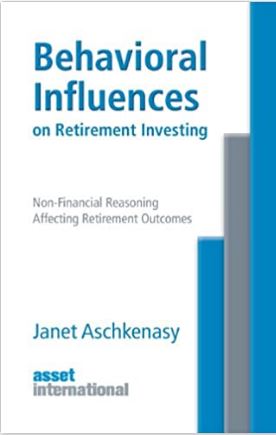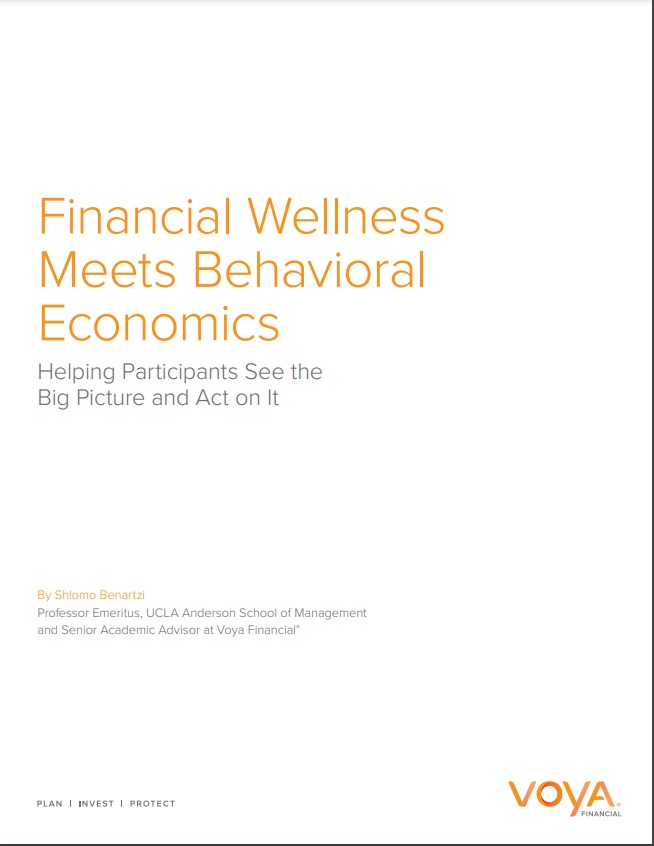Pension funds in sub-Saharan Africa
By Owen Nyang`oro & Githinji Njenga The population structure the world over is going through a demographic shift, and the elderly proportion is projected to increase with population growth. This change is a matter of concern for sub-Saharan African (SSA) countries, where the majority of the people are young and the rates of both population growth and unemployment are high. A good pension system provides elderly assistance and is a source of savings for long-term investment. The pension systems in...










